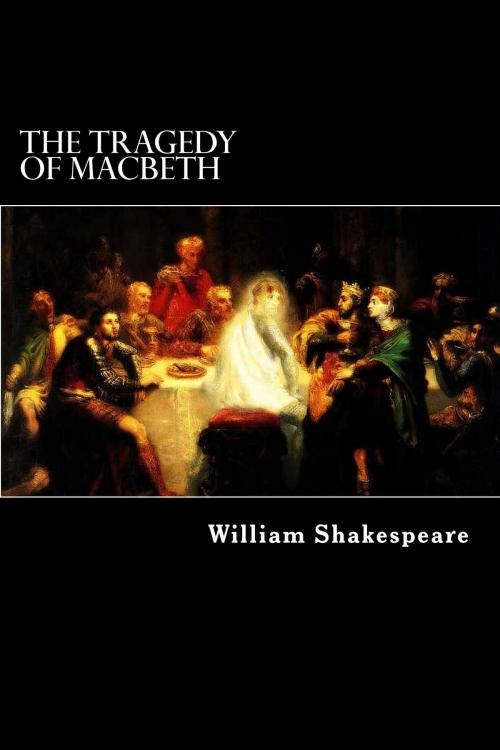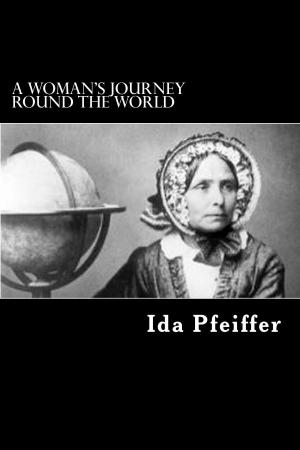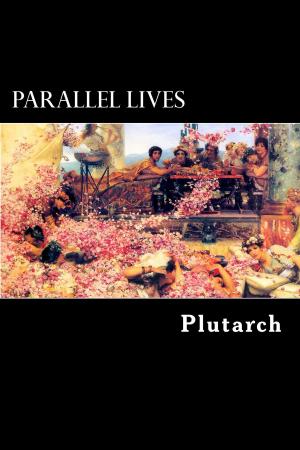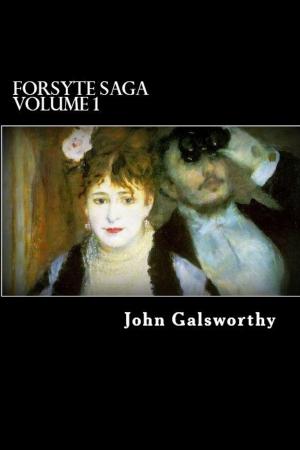The Tragedy of Macbeth
Nonfiction, Entertainment, Drama, Shakespeare, Fiction & Literature, British & Irish| Author: | William Shakespeare | ISBN: | 1230000101032 |
| Publisher: | Herne Ridge Ltd. | Publication: | January 20, 2013 |
| Imprint: | Language: | English |
| Author: | William Shakespeare |
| ISBN: | 1230000101032 |
| Publisher: | Herne Ridge Ltd. |
| Publication: | January 20, 2013 |
| Imprint: | |
| Language: | English |
The Tragedy of Macbeth (commonly called Macbeth) is a play written by William Shakespeare. It is considered one of his darkest and most powerful tragedies. Set in Scotland, the play dramatizes the corroding psychological and political effects produced when its protagonist, the Scottish lord Macbeth, chooses evil as the way to fulfill his ambition for power. He commits regicide to become king and then furthers his moral descent with a reign of murderous terror to stay in power, eventually plunging the country into civil war. In the end he loses everything that gives meaning and purpose to his life before losing his life itself.
William Shakespeare (circa 1564 – 23 April 1616) was an English poet and playwright, widely regarded as the greatest writer in the English language and the world's pre-eminent dramatist. He is often called England's national poet and the "Bard of Avon". His surviving works, including some collaborations, consist of about 38 plays, 154 sonnets, two long narrative poems, and several other poems. His plays have been translated into every major living language and are performed more often than those of any other playwright.
The Tragedy of Macbeth (commonly called Macbeth) is a play written by William Shakespeare. It is considered one of his darkest and most powerful tragedies. Set in Scotland, the play dramatizes the corroding psychological and political effects produced when its protagonist, the Scottish lord Macbeth, chooses evil as the way to fulfill his ambition for power. He commits regicide to become king and then furthers his moral descent with a reign of murderous terror to stay in power, eventually plunging the country into civil war. In the end he loses everything that gives meaning and purpose to his life before losing his life itself.
William Shakespeare (circa 1564 – 23 April 1616) was an English poet and playwright, widely regarded as the greatest writer in the English language and the world's pre-eminent dramatist. He is often called England's national poet and the "Bard of Avon". His surviving works, including some collaborations, consist of about 38 plays, 154 sonnets, two long narrative poems, and several other poems. His plays have been translated into every major living language and are performed more often than those of any other playwright.















